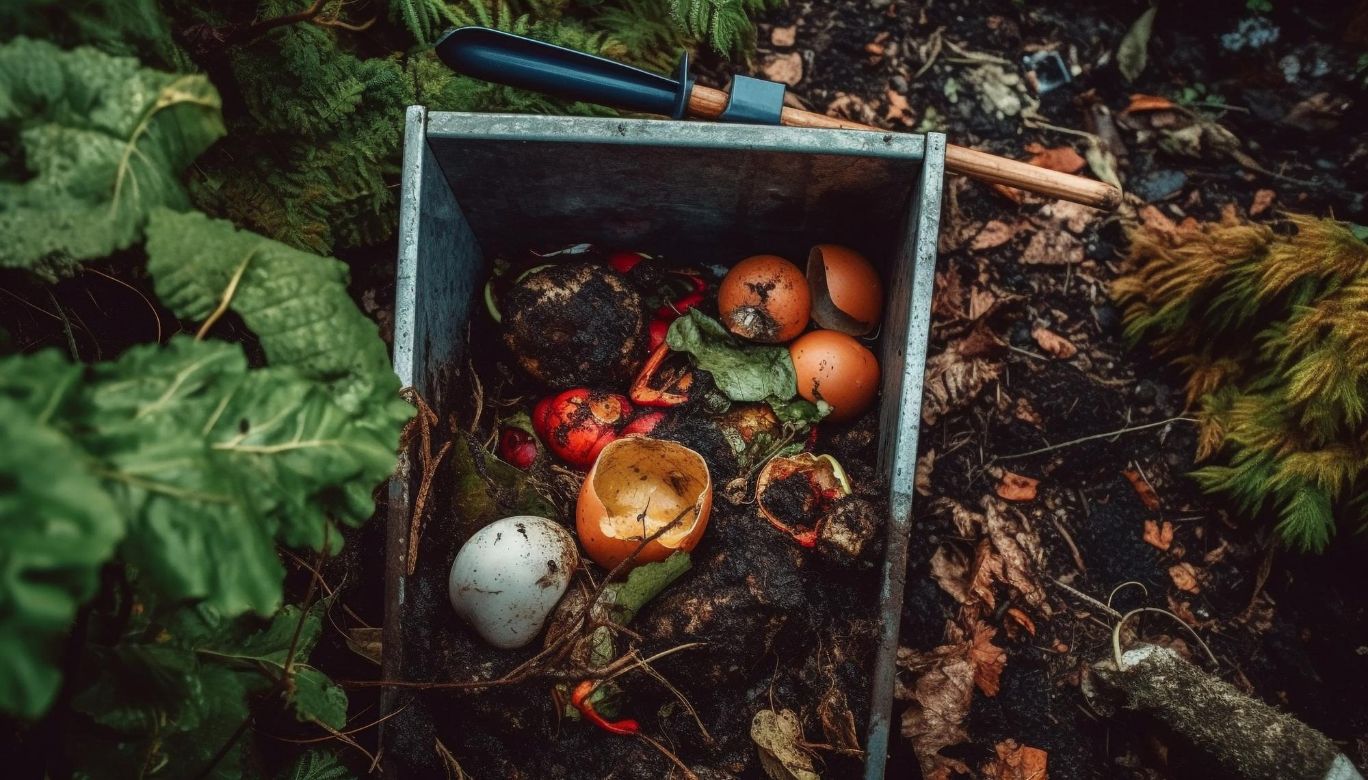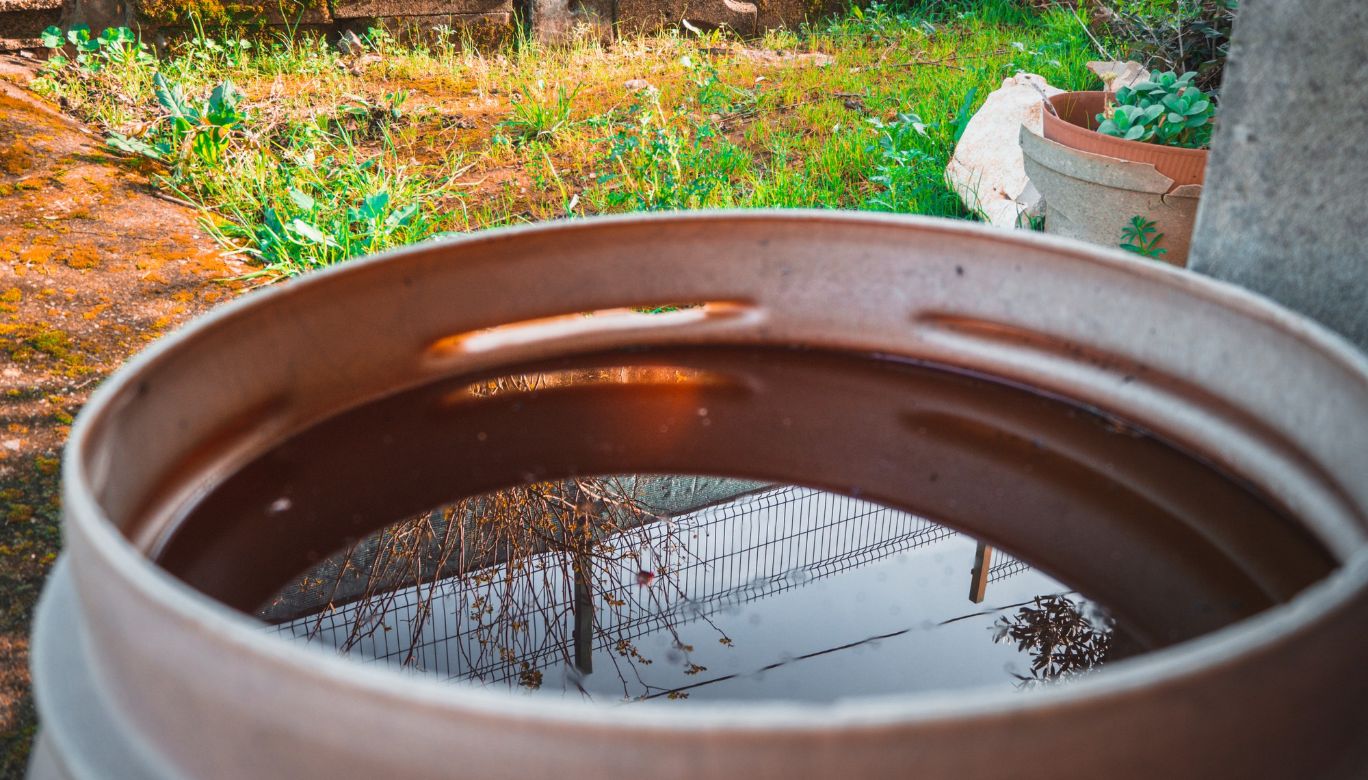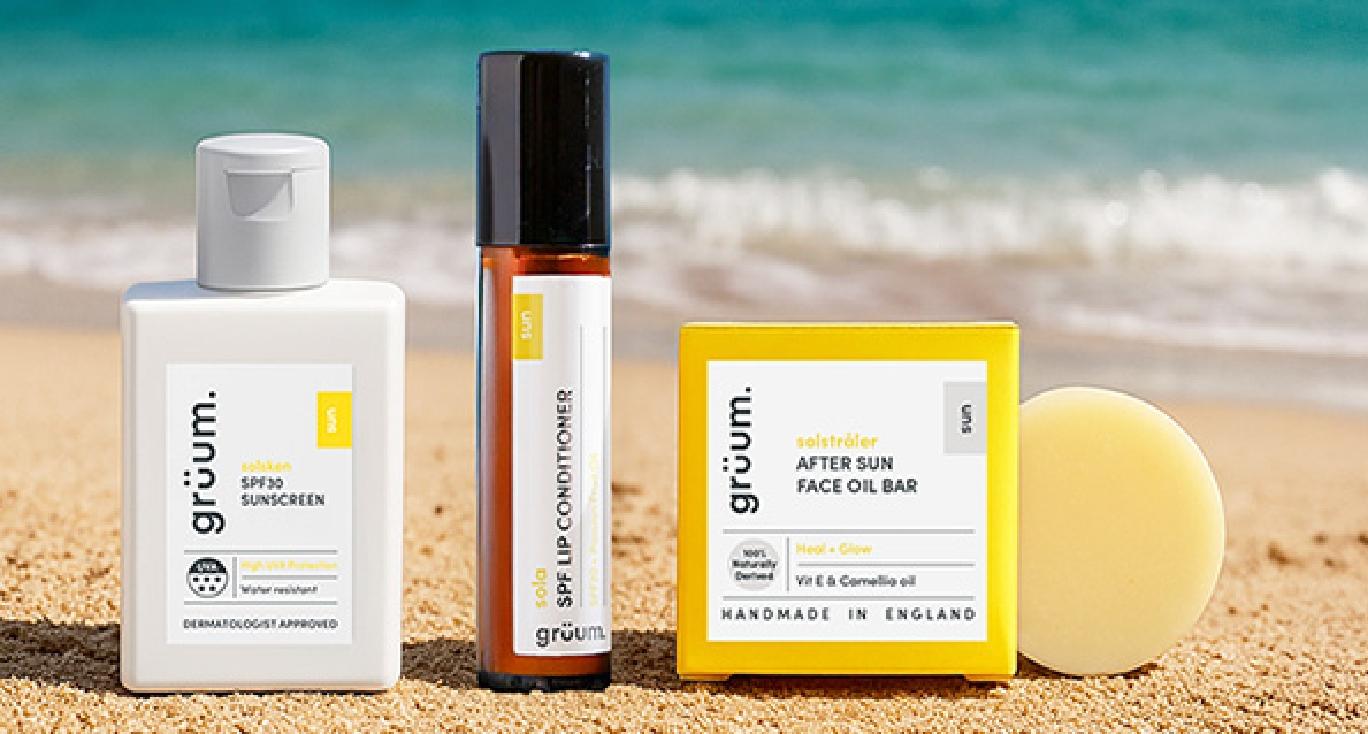Sustainable Garden Practices: Composting and Rainwater Harvesting

In a world where climate change is knocking on our doors harder than a determined debt collector, more of us are looking for ways to reduce our environmental footprint. And where better to start than in our own back gardens? Sustainable gardening practices like composting and rainwater harvesting are not only beneficial for the planet but also give you a smug, wholesome glow of accomplishment. It’s like being an eco-warrior with a trowel.
Composting is essentially nature’s way of saying, “Give me your rubbish, and I’ll turn it into treasure.” Rather than throwing away food scraps, garden clippings, and autumn leaves, you can toss them into a compost heap where microorganisms and the odd ambitious earthworm will break them down into rich, crumbly goodness known as compost. And before you wrinkle your nose at the thought of a stinky heap of rotting vegetables, let’s clear something up: done correctly, a compost pile smells earthy, not like you’ve mistakenly left a broccoli casserole in the airing cupboard for six weeks.
The benefits of composting are as plentiful as a courgette plant left unchecked. For one, it’s an excellent way to reduce household waste. Instead of packing yet another bin liner for landfill, you’re repurposing what you would have discarded into nutrient-rich material that boosts soil health and helps plants grow stronger and more resilient. It's basically plant steroids, minus the scandals and dodgy chemists. Plus, it’s free fertiliser. And who doesn’t love free stuff?
Then there’s rainwater harvesting, which is just a fancy way of saying, “Stick a bucket under your drainpipe.” But, of course, it can be a bit more sophisticated than that. Installing a water butt to collect rainwater from your roof is one of the easiest ways to make your garden more eco-friendly. It’s especially handy during the summer months when hosepipe bans pop up more often than reality TV shows about people with more money than sense.

Using harvested rainwater helps reduce demand on the mains water supply and lowers your water bill, which is always a win. And plants seem to prefer it, too. Unlike tap water, which can be treated with chemicals like chlorine, rainwater is pure, refreshing, and apparently a bit like mineral water for your petunias.
Combining composting and rainwater harvesting makes for a perfect green-fingered partnership. By improving your soil with home-made compost and watering with collected rainwater, you’re essentially creating a self-sufficient ecosystem right in your garden. Not only are you reducing waste and saving resources, but you’re also becoming less reliant on shop-bought fertilisers and treated water, which means you can afford more important things like…well, more plants.
The beauty of these sustainable practices is their simplicity. You don’t need fancy gadgets or to spend half your annual salary on a garden makeover. You just need a bit of patience, a touch of dedication, and possibly a waterproof coat if you’re planning on wrestling a water butt into position during a typical British downpour.
So, if you’re looking to make your garden a little greener - in both senses of the word - why not give composting and rainwater harvesting a go? Not only will your plants thank you, but you can also feel smug knowing you’re doing your bit to help save the planet. And if anyone gives you a funny look when you start digging up their discarded banana peels, just tell them you’re an eco-warrior in training!
Features












